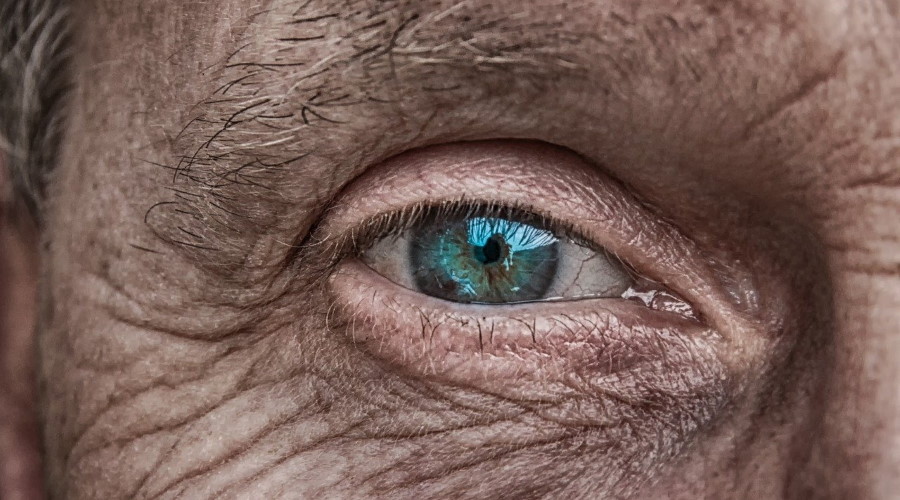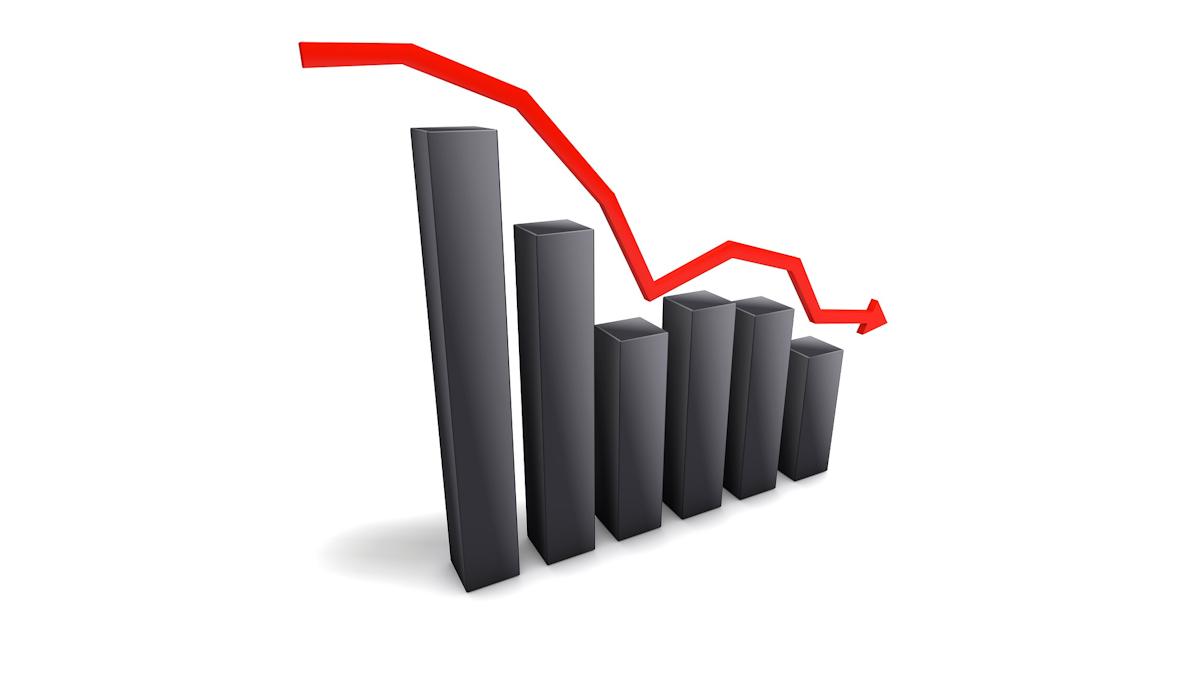4DMT gene therapy cuts need for Eylea in wet AMD trial

A mid-stage trial of 4D Molecular Therapeutics gene therapy for eye disease age-related macular degeneration (AMD) 4D-150 has shown promising signs of efficacy, plus a reduced need for injections into the eye with current therapy Eylea.
On the strength of the results, 4DMT is planning to start a phase 3 trial of the gene therapy by the end of the first quarter of 2025.
The data from the phase 2 PRISM study comes from a cohort of 51 patients with wet or neovascular AMD, a form of the disease where abnormal blood vessels grow in the back of the eye.
They all had severe disease and a high treatment burden with an average of 10 injections with Eylea (aflibercept), a widely-used VEGF inhibitor sold by Bayer and Regeneron, in the last 12 months. Two one-shot doses of 4D-150 are being tested in the study and compared to Eylea.
The high dose of the gene therapy – which is designed to express both aflibercept and an RNA interference (RNAi) inhibitor of VEGF in the eye – achieved an 89% reduction in the number of Eylea doses required in the 12 months after administration.
Two-thirds (63%) of the patients did not need any Eylea injections at all over the follow-up period, while 84% of them needed no more than one. Meanwhile, measures of their eyesight, including visual acuity, and central subfield thickness suggested that the gene therapy was at least as effective as the control treatment.
Wet AMD is the leading cause of vision loss in the elderly, affecting around three million people in the US and Europe and driving a retinal disease market that is worth upwards of $18 billion a year. Eylea is the top-selling drug in the category, with sales approaching $10 billion in 2022, although, it could see biosimilar competition within the next few years.
Bayer and Regeneron have sought to defend the brand with a new high-dose formulation that reduces the dosing frequency needed for the drug to 12 or 16 weeks from 8 weeks with the original formulation. Along with biosimilar competition, however, it is also seeing a challenge in the market from Roche with its bispecific VEGF and Ang-2 inhibitor Vabysmo (faricimab), which can be dosed as infrequently as three times a year in some patients.
With 4D-150, wet AMD patients could face the prospect of a one-shot option that frees them from the need for regular injections into the eye – assuming it works as hoped in the planned phase 3 trial.
4DMT, meanwhile, is also testing the drug in diabetic macular oedema, another sight-robbing disease that is treated with Eylea and other VEGF inhibitors.
“We believe 4D-150 has the potential to disrupt the current treatment paradigm in these patients,” commented 4DMT’s co-founder and chief executive, David Kirn, adding that the study also provides further validation of the company’s delivery system for the gene therapy, based on its R100 adeno-associated virus (AAV) transgene cassette.
Unlike other virus-based vectors used for retinal diseases, R100 treats the entire retinal surface at low doses and does not require sub-retinal surgery, according to the company.
The phase 3 programme is expected to compare 4D-150 to the standard, low-dose formulation of Eylea given once every eight weeks in a broad wet AMD population, including patients with severe disease activity and high treatment burden.
The results are a boost for 4DMT after another of its lead gene therapy candidates – Fabry disease cardiomyopathy therapy 4D-310 – was placed on clinical hold by the FDA last year, after cases of atypical haemolytic uraemic syndrome (aHUS) were seen in some patients in the phase 1/2 INGLAXA study. The hold was lifted last November, and initial results are due to be reported on Friday.
Shares in the company were up 27% in pre-market trading, ahead of a conference call on the new PRISM data scheduled to take place later today.













